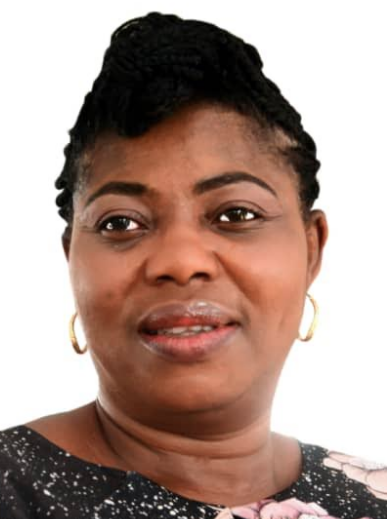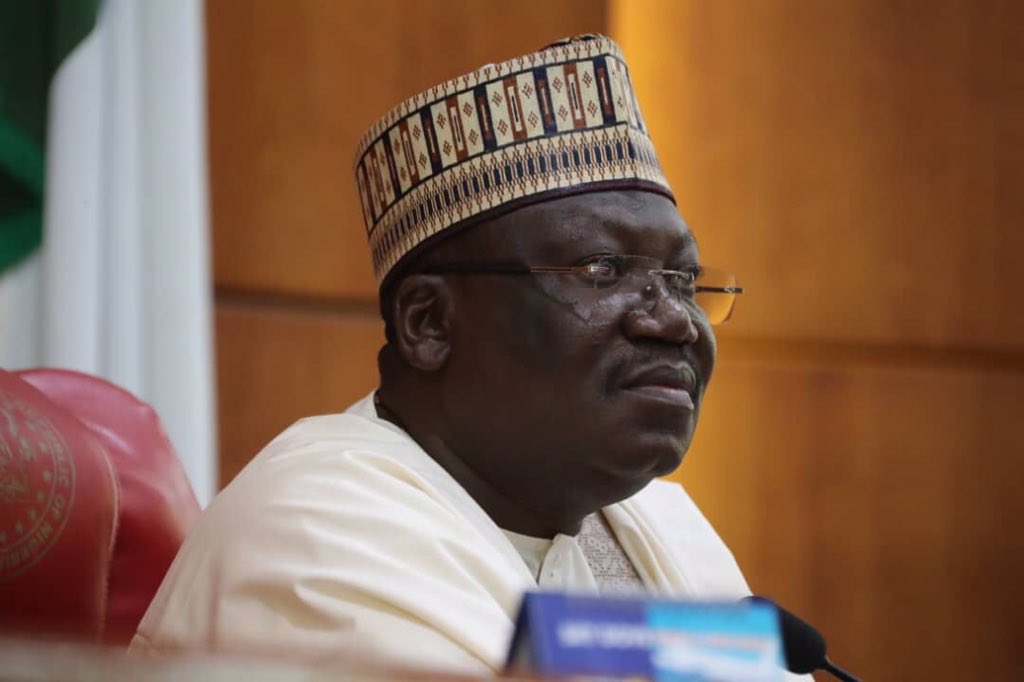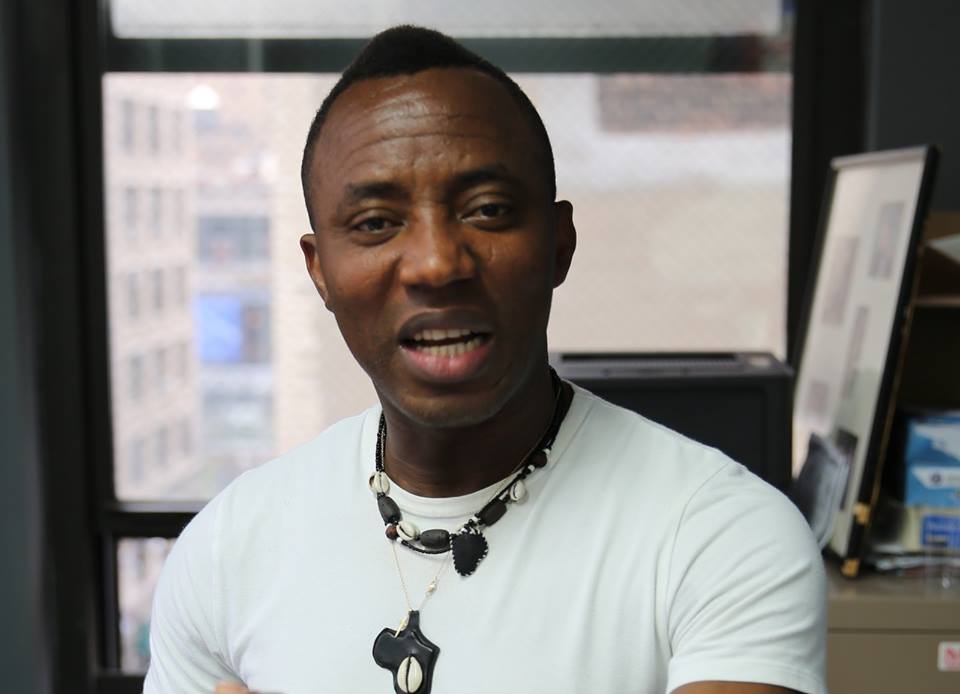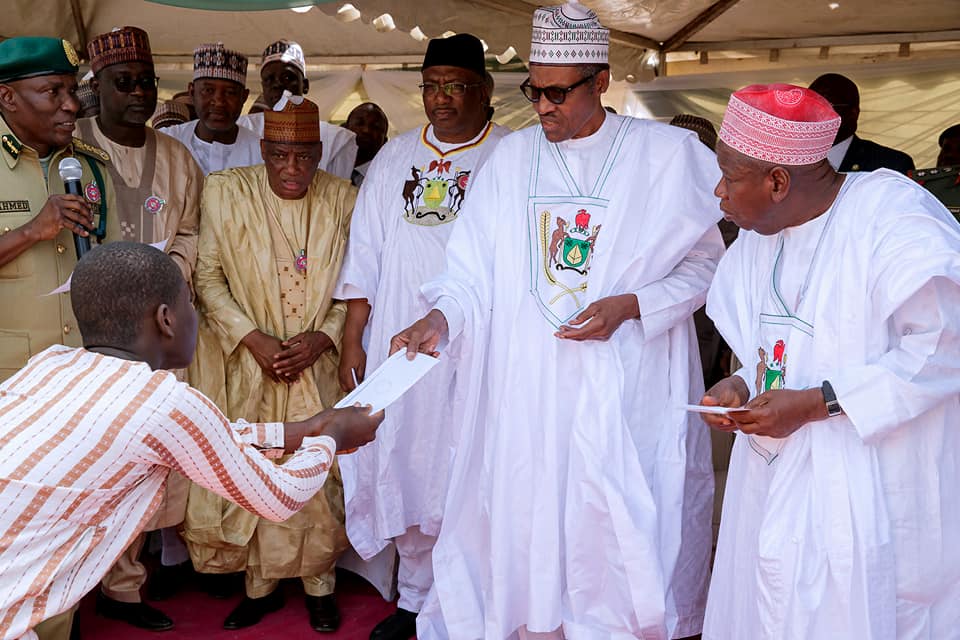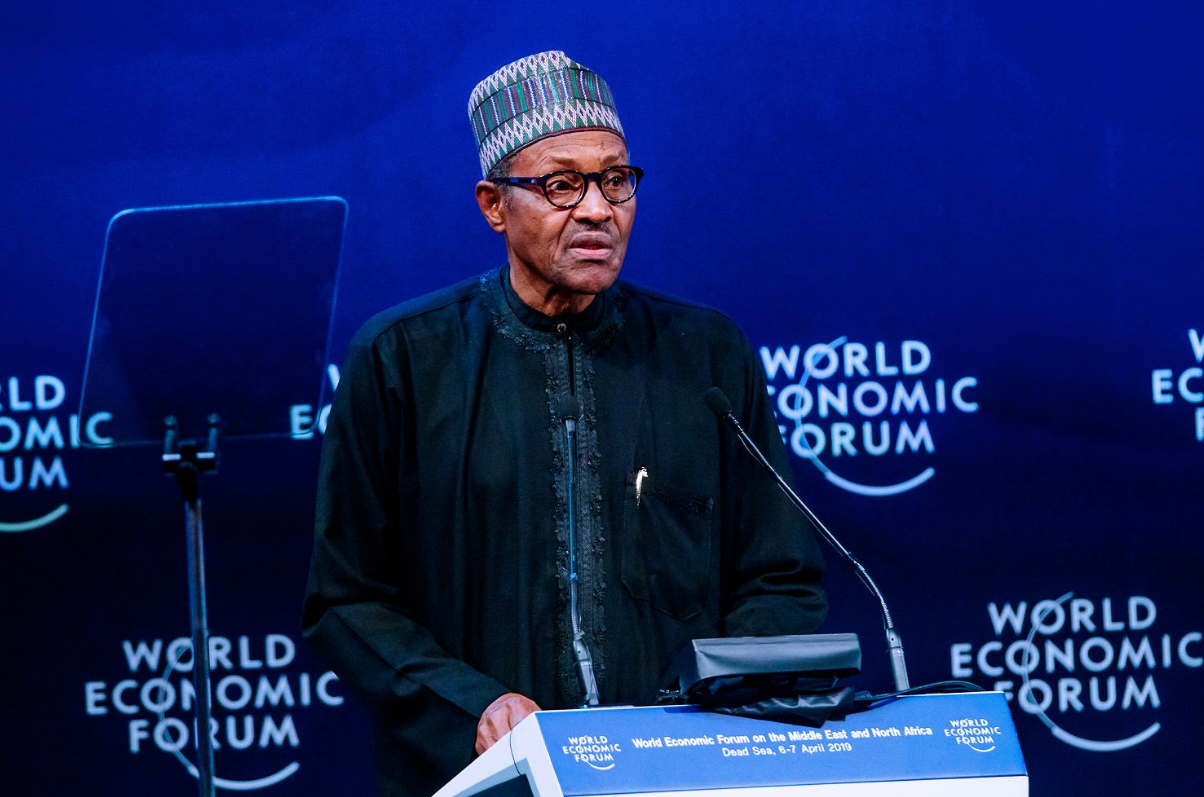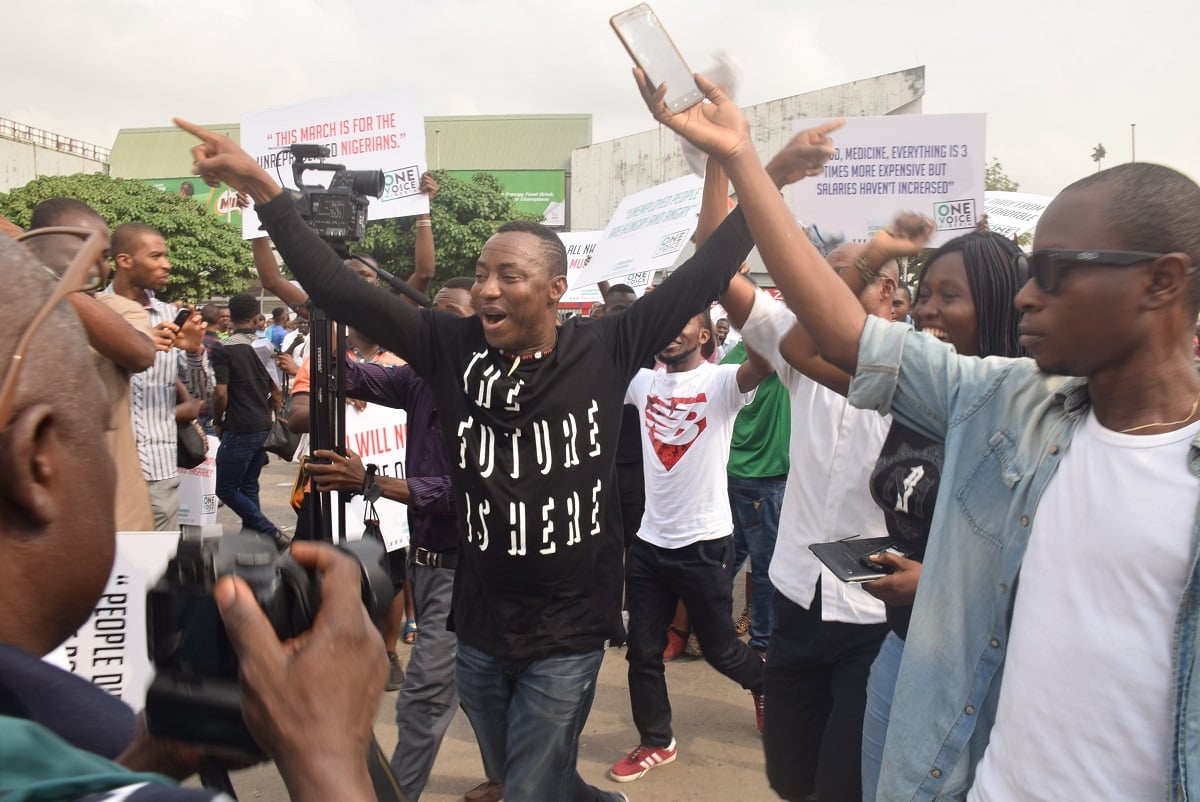UTME: JAMB announces new date for printing of exam slips
Depending on the way you look at it, the social media has been kind to brilliant and exceptional Nigerians home and abroad in these last few days. There have been diverse reports on Nigerians making waves both locally and internationally. First was the story of US based Dr Olutoye Oluyinka , a product of Obafemi Awolowo University, who was named among top interventional cardiologists in the United States.
The second one was about another US based Nigerian neurosurgeon, Olawale Sulaiman, celebrated for his charitable deeds towards fellow Nigerians. The third report from the foreign scene on Nigerians’ exploits abroad was news of the appointment of Nigerian British, Kemi Badenoch, as a junior minister for Children and Families by the new British Prime Minister, Boris Johnson. Back home, the social media was agog with news of 16-year-old Ugboaja Chizobam Stephany of Jesuit Memorial College, Port Harcourt, who scored nine As in the last 2019 West African Senior Secondary Certificate Examination. The West African examination body released the results last week Friday.
Suddenly too, the hitherto forgotten top 100 scorers in the last Unified Tertiary Matriculation Examination held earlier in the year were remembered for good. Four leading commercial banks that preferred not to be named, had reportedly offered to give these candidates scholarships throughout their tertiary education. The Joint Admissions and Matriculation Board’s spokesperson, Dr. Fabian Benjamin, also said the National Hajj Commission had requested the details of these top scoring candidates in order to reward them. According to reports, the Hajj commission has also promised to send the super successful candidates on holy pilgrimage for free.
As a matter of fact, a lot of people have gotten tired of being fed with news of killings, wanton destructions, deceptions, financial and political shenanigans, which have been the lot of Nigeria in recent times. So, these latest positive reports are a breath of fresh air. Now, attention could be shifted, even if it is just for a while, from the sham called governance in this country, to more positive discourse.
The fact that banks are showing interest in rewarding brilliant students is also a welcome development. Perhaps, this will bring sanity to our lopsided reward system exemplified by giving plaques to best graduating students and cars to beauty queens. There is even a memo trending online that contains an award prize of N100 for the best graduating student of a first generation university in Nigeria.
The lopsidedness of reward system in Nigeria has been so bad such that a winner of a local beauty pageant in one of the Eastern states once boasted to have used the money meant for her UTME form to register for her beauty competition. To her, there was no point throwing away a profitable opportunity in the name of securing an admission that could not guarantee employment in the long run. She had said, “After all, even if I emerge as the best student in school, I wouldn’t have got this much recognition and gifts, not to even talk of a car. Ask the best students what they get for their hard work, apart from applause and small gifts.”
She was right. Truly, what the best students in many Nigerian universities get for their hard work are mere applauses and handshakes. For example, when the 2014 winner of Miss University of Lagos beauty pageant went home with a brand new car, her colleague who won in the school debate competition in the same year got a computer and N100, 000 gifts. He was lucky. His predecessor got a paltry N50, 000. Similarly, winners of Big Brother Africa, a reality show criticised by many for promoting immorality, get as much as N60m cash rewards.
Truly, sponsors of these reality shows are business people who want good returns on every of their investments, hence the huge cash used as baits to entice the audience and stimulate public interest in their shows, but this is not enough justification for pushing academics to the background. Systems don’t just work in the developed countries, people make them work. This is done via continuous investment in scholarships, grants, researches and projects. Microsoft commits lots of money to funding researches on robotics at the University of Southern California in Los Angelis. Serious minded nations establish foundations for researches; offer scholarships and grants to brilliant and outstanding students. They don’t just focus on reality shows at the expense of the other important segments of their societies.
Therefore, the National Hajj Commission’s pledge to reward brilliant candidates is an example of a good initiative fraught with potential complications. Why holy pilgrimage? Besides, what gives the commission the assurance that top UTME scorers would be Muslims? Assuming all the top scorers are atheists, what happens? Even if all the top candidates are Muslims, what message is the Hajj commission passing across to young Nigerians? What has pilgrimage got to do with academic excellence? What stops the Hajj commission from thinking of sending these candidates to Silicon Valley where they could learn new things or for any other purely educational adventure? If the commission thinks it has to work within the limits of its terms of operations, what stops it from setting aside grants for bright and exceptional candidates regardless of their faith?
The Poynter Institute for Media Studies in the US takes journalists from all over the world to Florida every year to discuss how to cover religion better among other issues. The fellowship is aimed at building better interfaith relationship all over the world. Application for the scholarship is open to all journalists irrespective of their faiths. There are all kinds of scholarships and grants all over the world. While some are specific about who could apply, many others are open to whoever is interested. For instance, the Rotary Foundation and regional clubs offer scholarship opportunities for students to study abroad and you don’t have to be a Rotary member to qualify.
National bodies like the Hajj commission should be more concerned about things that unite us as a nation, not things that divide us. No doubt, religion is an investment in national development. It is also a good social capital. But we don’t have to reduce everything to religion. Religion in Nigeria has become a divisive issue. Our leaders use it as a means of achieving their selfish ends, not to serve anyone. It is time to be more circumspect in this matter.
The hajj commission should either give scholarships to top UTME scorers or award them grants if it is really serious about rewarding them for their excellent performance.
Advertisement
Views expressed by contributors are strictly personal and not of TheCable.
Add a comment
